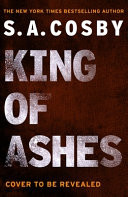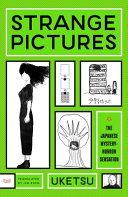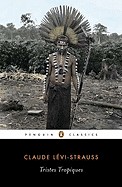“Journeys, those magic caskets full of dreamlike promises, will never again yield up their treasures untarnished. A proliferating and overexcited civilization has broken the silence of the seas once and for all. The perfumes of the tropics and the pristine freshness of human beings have been corrupted by a busyness with dubious implications, which mortifies our desires and dooms us to acquire only contaminated memories.“
4 likes


















